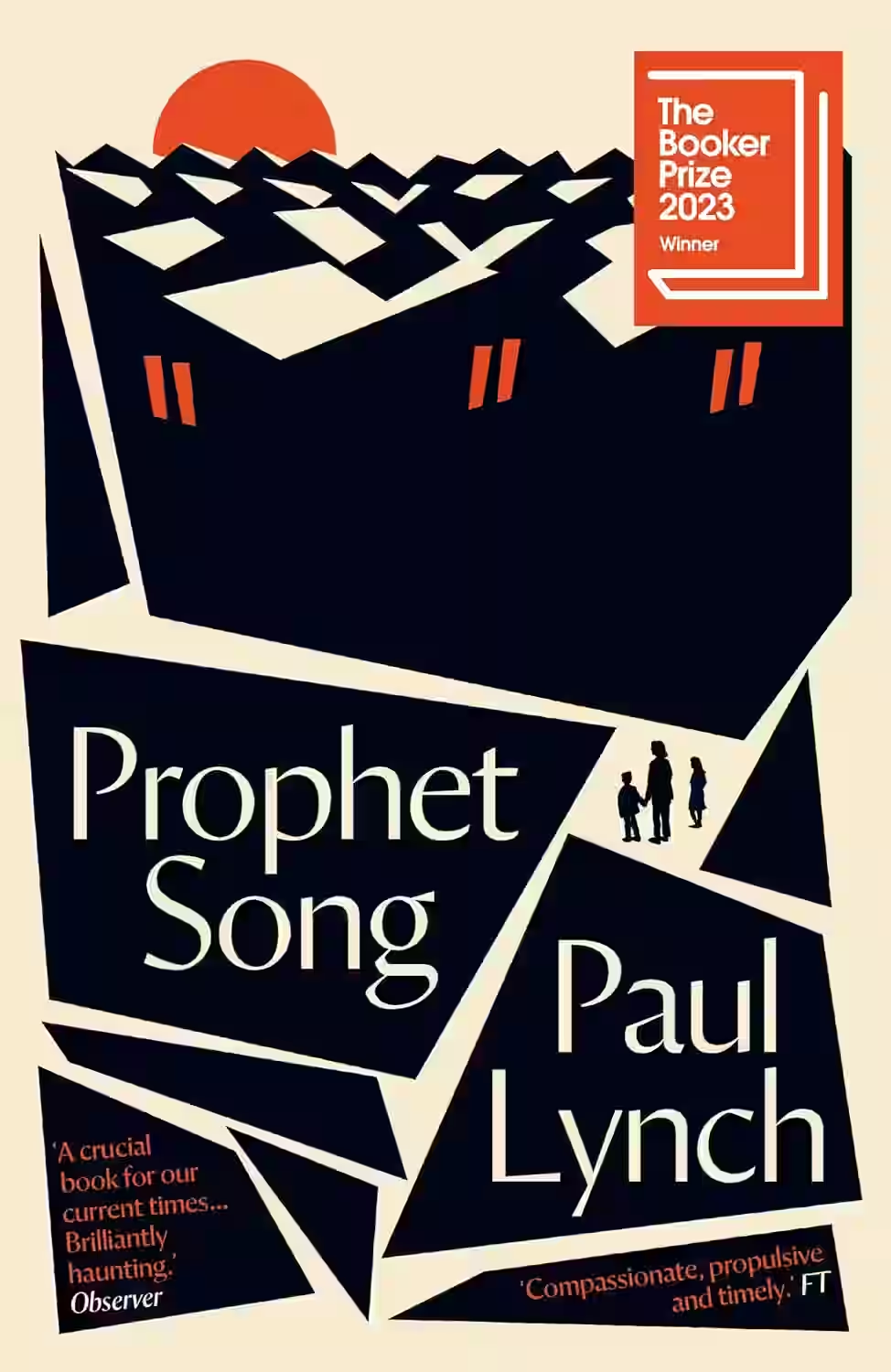
Paul Lynch's Prophet Song presents a dystopian vision of Ireland descending into authoritarianism. The story follows Eilish Stack, a mother and scientist, as she navigates a society unraveling under oppressive rule. As civil liberties erode and violence escalates, Eilish faces harrowing choices to protect her family. Lynch's narrative is a haunting exploration of resistance, sacrifice, and the human cost of political turmoil. Through Eilish's eyes, the novel examines the fragility of democracy and the enduring strength of maternal love amidst chaos.
About Paul Lynch
An Irish author, who won the Booker Prize for his novel, Prophet Song. His work is characterized by its unflinching portrayal of dark social and political themes, often focusing on the struggles of ordinary people caught in extraordinary crises. Lynch's powerful and often unsettling prose creates immersive narratives that provoke thought and explore the depths of human resilience in the face of oppression.
Similar Books
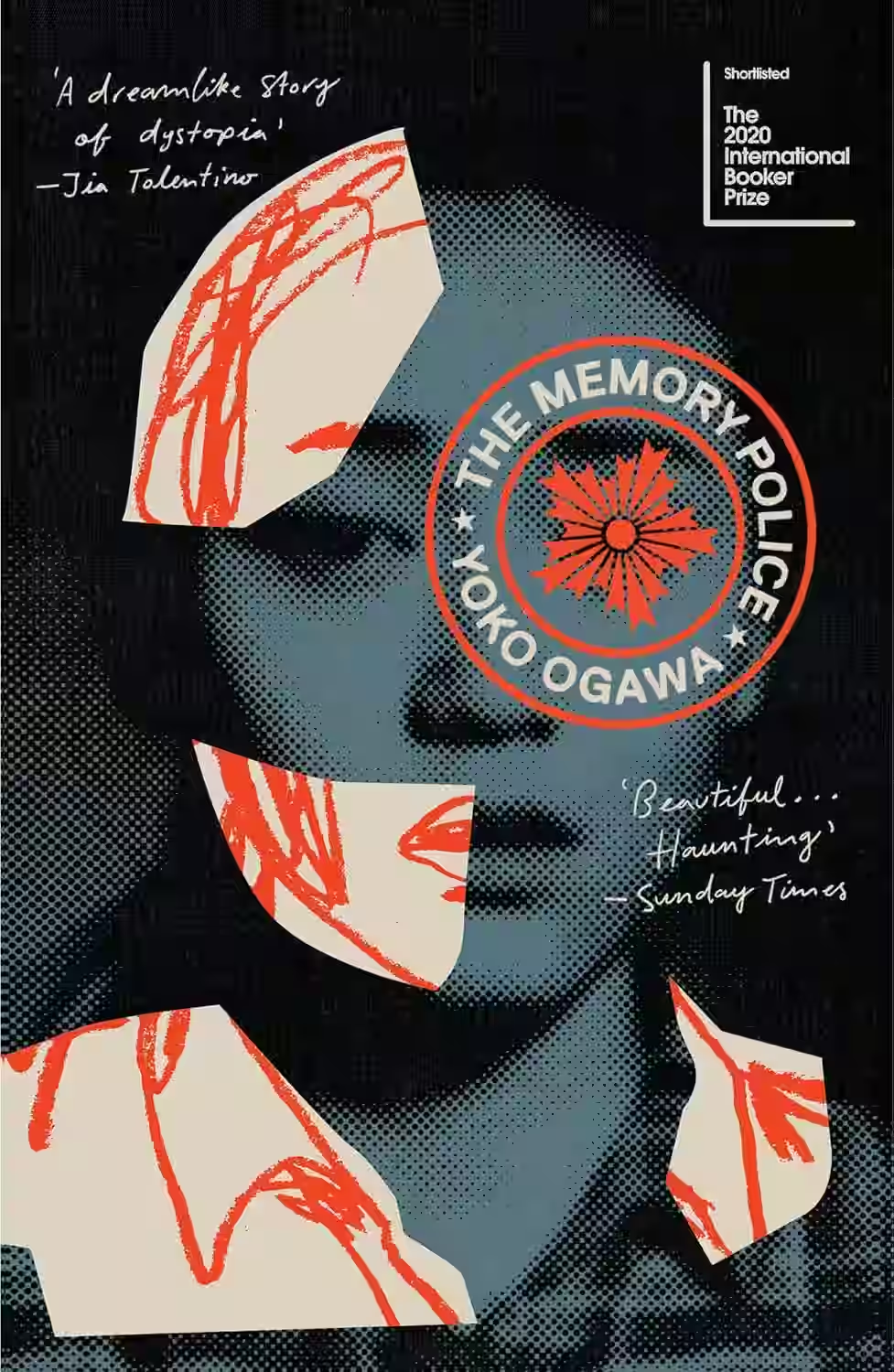
The Memory Police
by Yoko Ogawa
Yoko Ogawa’s The Memory Police is a haunting dystopian novel set on an island where objects—and the memories of them—periodically vanish under the watch of a mysterious authority. The unnamed narrator, a writer, tries to preserve meaning and identity as reality disintegrates around her. When the Memory Police target a man hiding memories, she risks everything to protect him. With quiet intensity and lyrical prose, Ogawa explores loss, surveillance, and the fragility of memory in a world where forgetting is enforced. It’s a chilling and elegiac reflection on control, impermanence, and resistance.
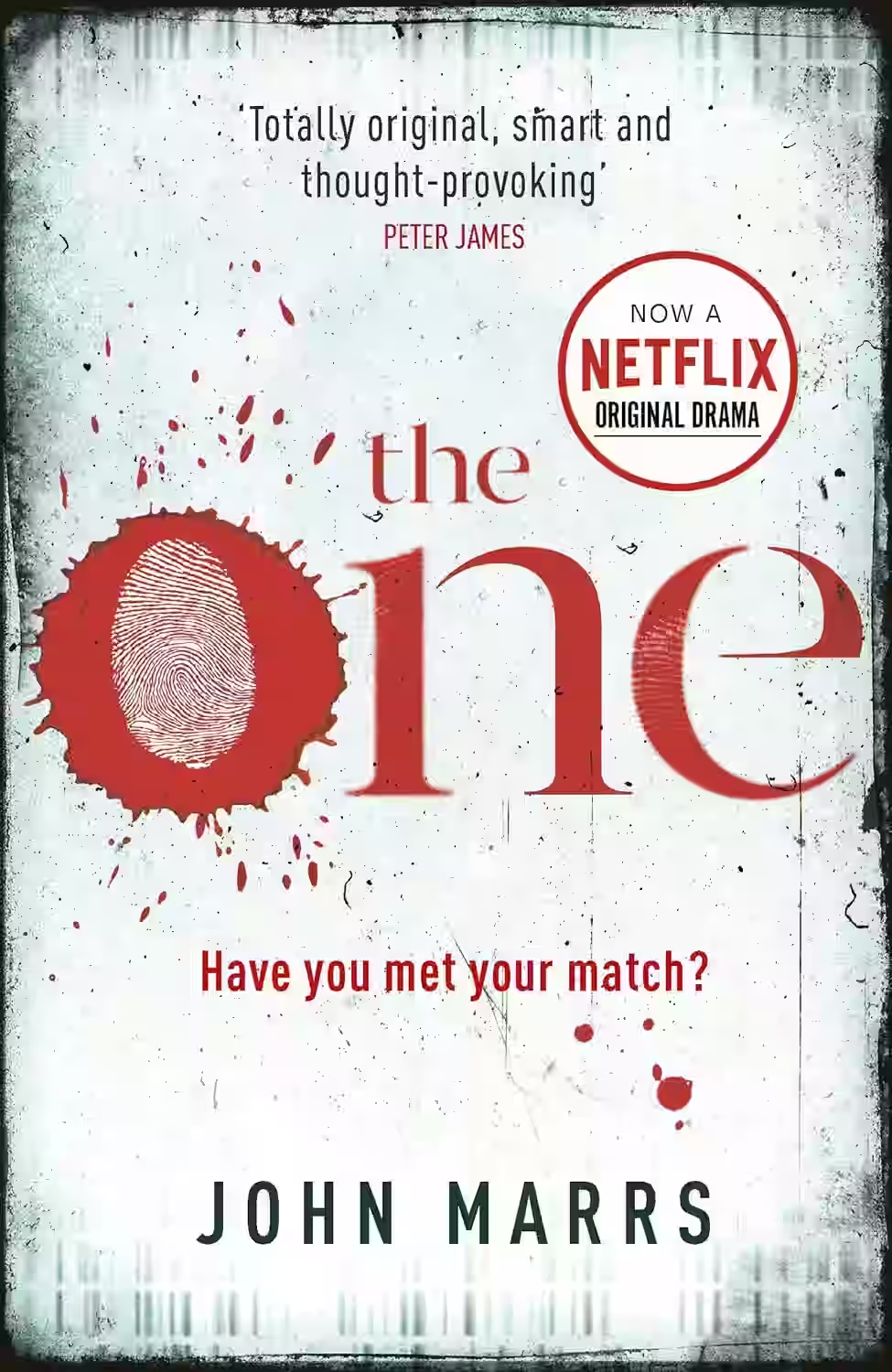
The One
by John Marrs
Series: Dark Future (#1)
In a near future where a simple DNA test can find your perfect match, five strangers discover that "The One" might not lead to happily ever after. As secrets unravel and consequences mount, this thriller explores love, fate, and the danger of genetic determinism. The One is a gripping, speculative page-turner that questions how much control we really want over love.
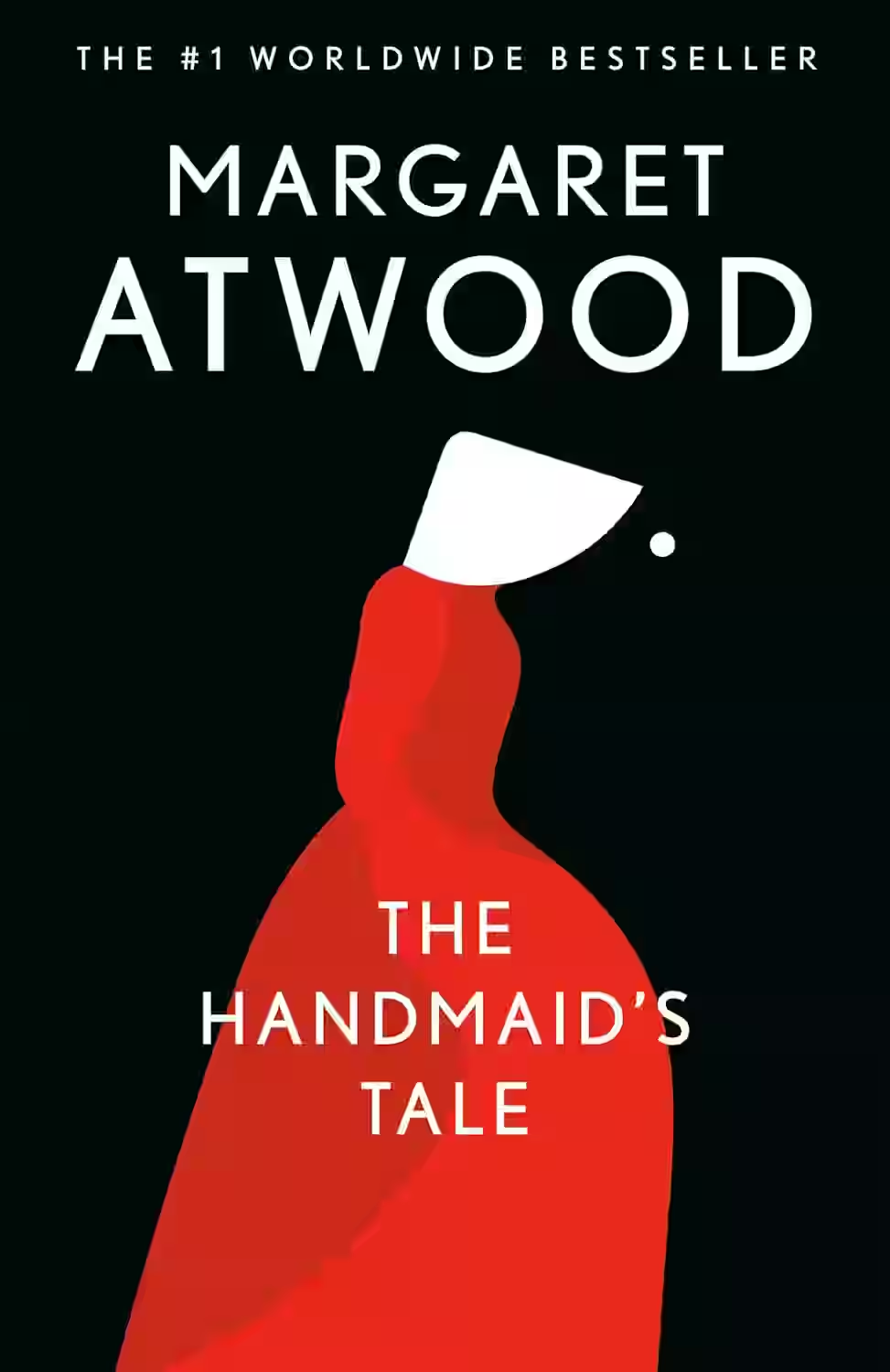
The Handmaid's Tale
Series: The Handmaid's Tale (#1)
In the Republic of Gilead, a theocratic regime has stripped women of their rights and forced them into distinct social classes. Through the eyes of Offred, a Handmaid assigned to bear children for elite couples, we see a chilling exploration of gender, power, and resistance in a society that feels disturbingly possible.
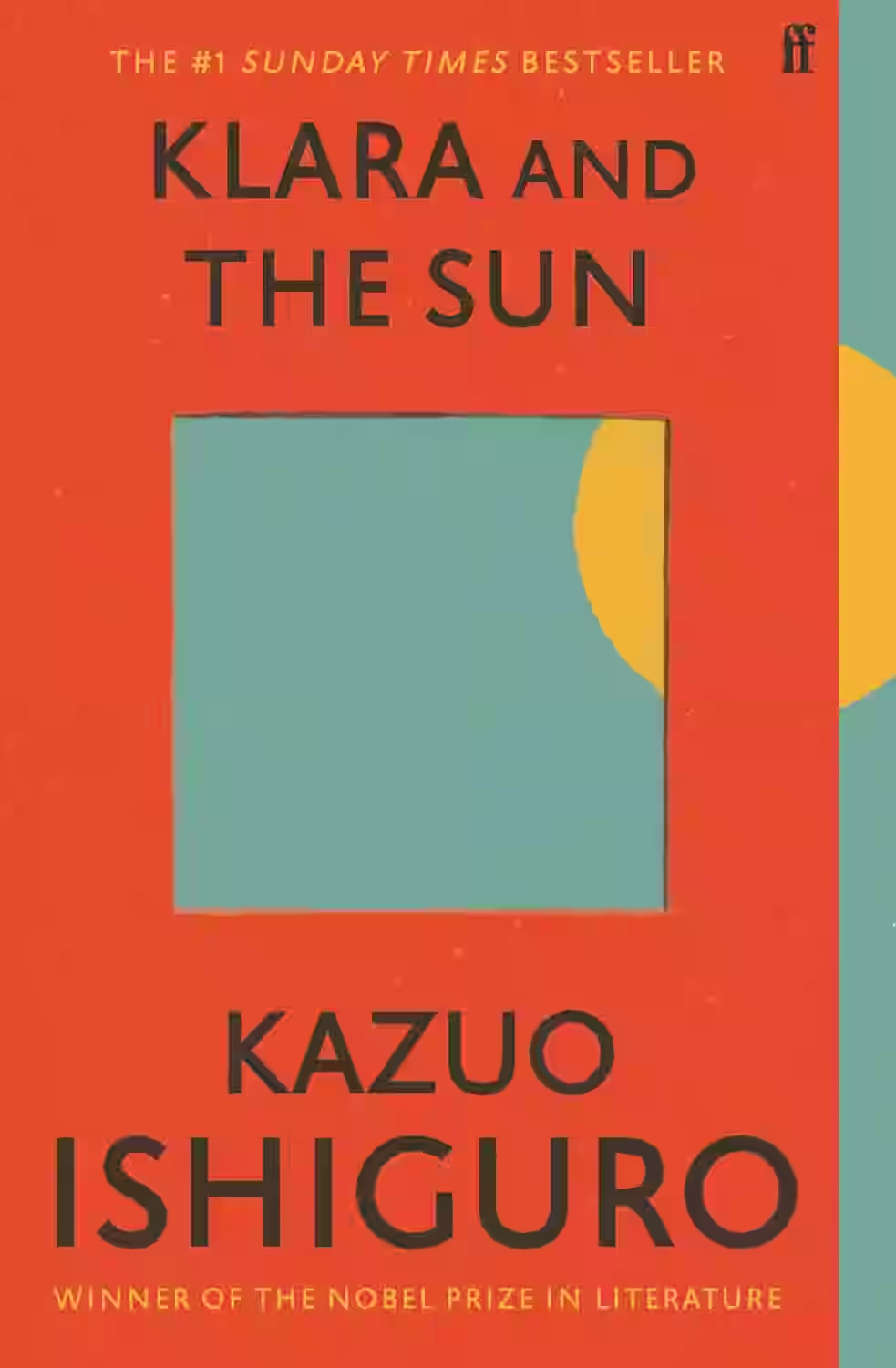
Klara And The Sun
From her place in the store, Klara, an Artificial Friend with outstanding observational qualities, watches carefully the behaviour of those who come in to browse, and of those who pass in the street outside. She remains hopeful a customer will soon choose her, but when the possibility emerges that her circumstances may change for ever, Klara is warned not to invest too much in the promises of humans.